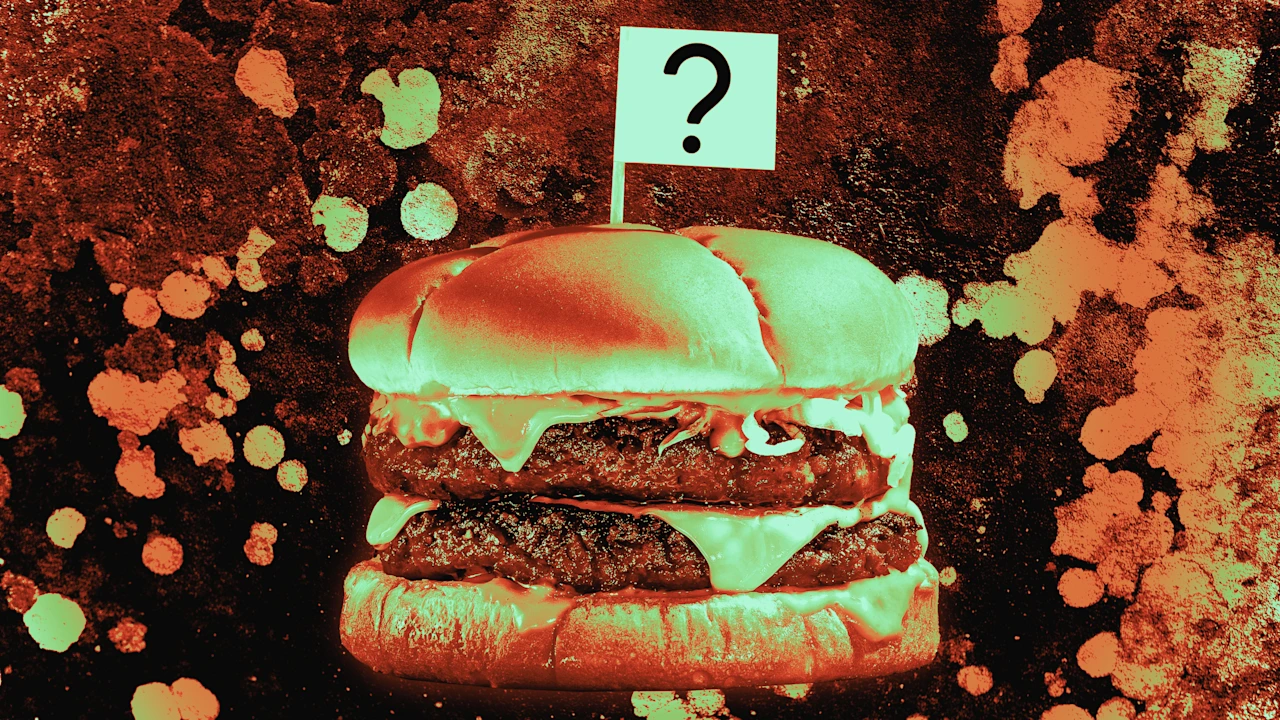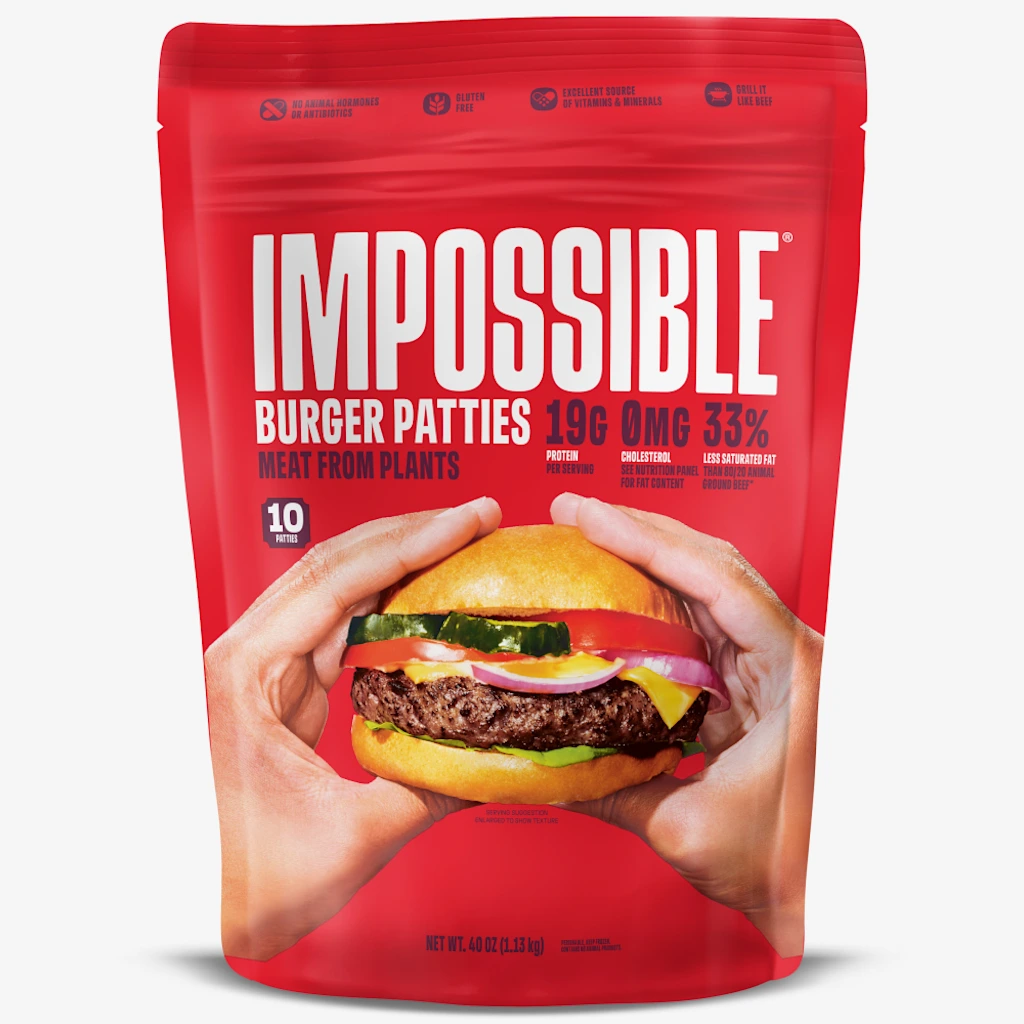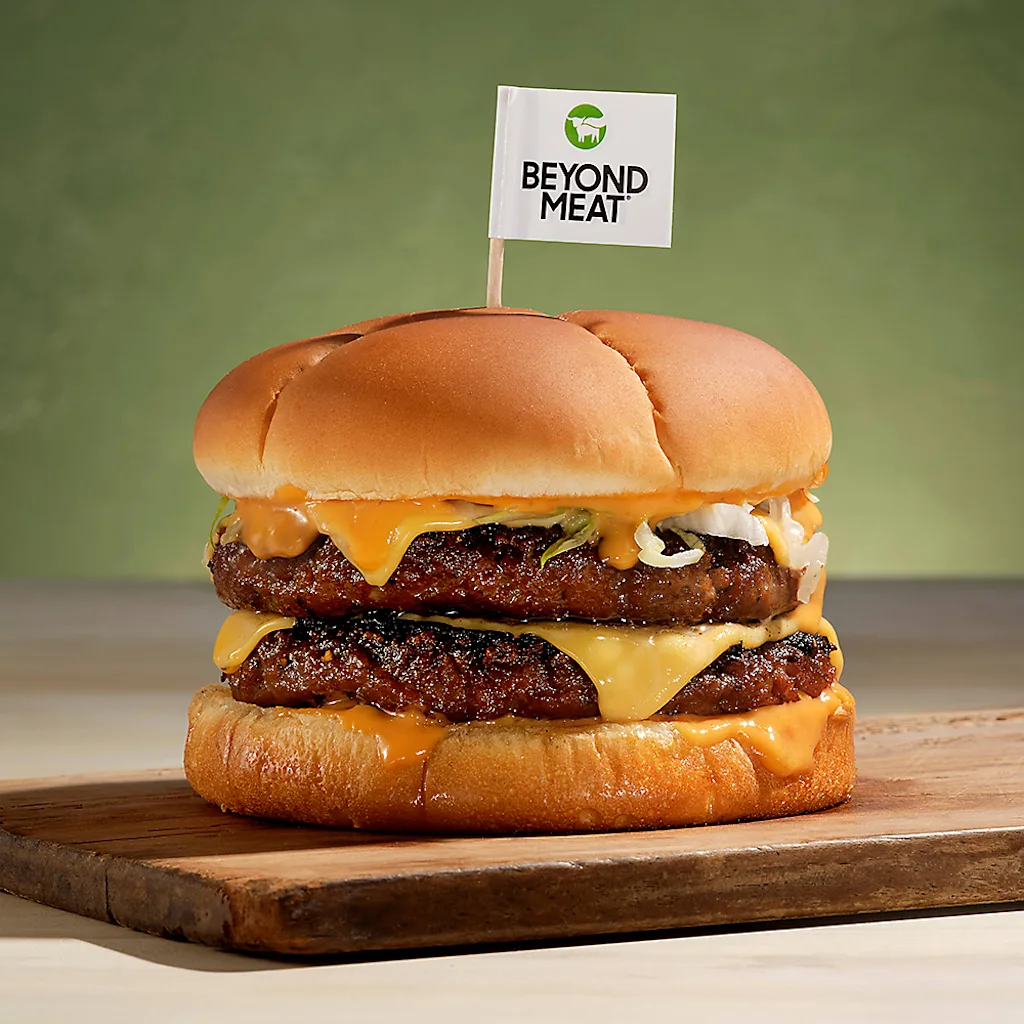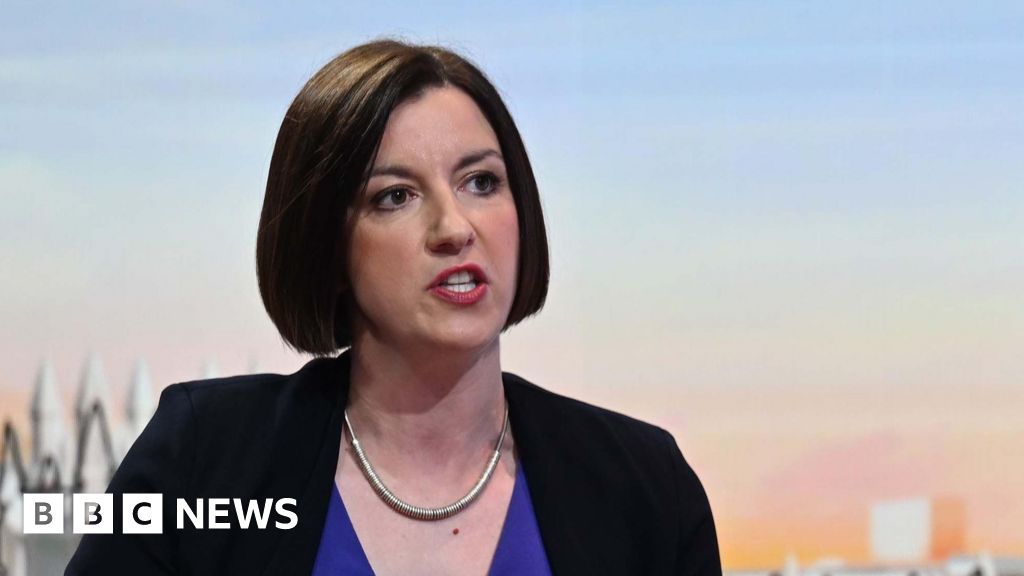The week the plant-based dining movement wilted

This fall, for the first time in four years, meat will be back on the menu at New York City’s legendary Eleven Madison Park restaurant. It’s a notable about-face for chef Daniel Humm, who had famously eliminated all animal products from his menu—and evangelized a new way forward for fine dining—when the restaurant reemerged after the pandemic.
Humm had something of an environmental awakening during Eleven Madison Park’s pandemic closure. He realized, he said at the time, that he couldn’t go back to business as usual.
It was a calculus all sorts of businesses were making. “Business as usual” had gotten us into the pandemic mess in the first place, and when the world shut down to contain COVID, we saw glimpses of a possible different future: emissions dropped, smog cleared, animals rewilded our landscapes.
For Eleven Madison Park, turning away from business as usual meant minding the planet’s resources—which meant no more animal products. Compared to plant-based foods, meat and dairy require more land, use more water, and produce more emissions.

So Humm, who’d earned a reputation—and three Michelin stars—for his fine-dining cuisine, struck dishes like butter-poached lobster and lavender-roasted duck from his menu. The world didn’t need them, he said. Instead, it needed innovation in the form of a $300-per-person vegan fine-dining menu.
He was highlighting a truth: The current food system isn’t sustainable. But it turned out Eleven Madison Park’s plant-based makeover wasn’t sustainable either, at least for its business. Private bookings, a key revenue stream, dropped. Wine sales, which are closely tied to meat sales, also plummeted. In announcing his reintroduction of meat, Humm explained to the New York Times that the plant-based change had essentially excluded guests.
Calling a plant-based menu exclusionary is a fallacy, of course. Everyone can eat vegan food. Plant-based cuisines span cultures and date back centuries, and countless dishes around the world are “accidentally” plant-based.
But the return of duck to Eleven Madison Park is just the latest sign that the plant-based world—and the public’s desire for bold action for the climate—is in retreat. As the ideological fervor for saving the planet dims—and proves less marketable—businesses that once made a virtue out of their plant-based efforts are trying new tactics.

Sweetgreen’s steak and Impossible’s hybrid burger
The same year that Eleven Madison Park went vegan, salad-chain Sweetgreen set a goal to be carbon neutral by 2027. Then last year it added steak to its menu.
Beef is one of the worst climate offenders in terms of proteins, but it’s also a great way to expand your customer base and boost sales, according to CEO Jonathan Neman, who told investors last year that consumer surveys revealed “a lot of fast casual customers [who] won’t go somewhere unless there is a meat option.” (Even with the addition of steak, Sweetgreen is struggling: Same-store sales dropped 7.6% last quarter, and the company is projecting negative same-store sales for the full year.)
Meanwhile, Impossible, one of the key players in the buzzy plant-based craze that saw a sales boom between 2017 and 2020, was once on a mission to eradicate meat entirely. “Plant-based products are going to completely replace the animal-based products in the food world within the next 15 years,” founder Patrick Brown told CNBC in 2020, announcing a deal with Starbucks to carry the Impossible breakfast sandwich.

Today, Impossible CEO Peter McGuinness appears to be reconsidering the brand’s position as a plant-based “alternative.” He recently told the Wall Street Journal that he may try to tempt flexitarians by creating a hybrid burger that’s half real beef, half plant-based.
Ethan Brown, CEO of Beyond (formerly Beyond Meat), still very much believes in the power and purpose of plant-based proteins, but even he has read the room and altered his business’s approach. Beyond once tried to compete with meat head-to-head, wanting its products right in supermarket meat cases. Now, it’s dropped “Meat” from its name and leaned into whole ingredients like lentils and fava beans.
Proselytizing for plant-based diets has always been something of an uphill battle. A 2023 study found that putting a vegan label on a menu item made people less likely to order that dish than when it was unlabeled. For a while, though, it was a fight that many businesses were eager to take on, and thought they could win.
They were confident that purpose and profit could exist side by side; they were passionate about leaving the planet better than they found it. And they were sure customers would follow suit. In 2019, Beyond had a much-hyped IPO, its stock surging 163% the day of its market debut. Overall plant-based meat sales hit $1.3 billion in 2020, up 46% from 2019.
That was then. Today Beyond’s shares have fallen from their high of $239 in 2019 to around $9. U.S. plant-based sales have been slumping, down about 7% on a per-pound metric since 2022. The whole game has gotten tougher, amid the rise of MAHA’s obsession with “natural” foods and its praise of a carnivorous diet of beef and butter over plant-based proteins engineered in a lab. Even whole milk is back after an oat milk mania.

The return of business as usual
In general, climate-friendly behaviors have all taken a turn for the worse. Five years after the pandemic, we’ve returned to business as usual, and then some. The Trump administration has rolled back landmark climate wins within the Inflation Reduction Act, cut billions of dollars for clean energy, expended some of the worst-polluting coal power plants from toxic pollution limits, and so on.
It’s not surprising, then, that Eleven Madison Park chose this moment to reintroduce meat. It seemed unlikely from the start that the fine-dining establishment, with its reputation for consistent reinvention, would be vegan forever. Add on the harsh reviews it received for its plant-based dishes and a new reality in which having a purpose doesn’t have the same (if any) marketing value, and the change seems inevitable.
But Humm is still bringing his plant-based focus into this new future: Eleven Madison Park will offer two menus, one vegan and one with dishes where meat can be added on. Humm hopes this lets him reach even more people with his vegetable dishes, those for whom eating meat is so core to their identity that they won’t even want to walk into a vegan restaurant—let alone spend $300 on a meal there.
Still, it’s disappointing to see the concession. Where has Humm’s zeal for a new food system gone? He told the New York Times he was inspired by seeing a shepherd slaughter a goat in Greece, an action done with reverence, and for which nothing goes to waste.
But that’s not how the vast majority of people, let alone Americans, consume their meat—and it won’t ever be a replacement for our current food system. Globally, meat accounts for nearly 60% of the greenhouse gas emissions from food production—twice that of plant-based foods. Climate experts have said that shifting people toward plant-based diets would significantly help mitigate climate change.
Humm says Eleven Madison Park is now offering diners a choice. By doing so, he’s made one, too: to relax his world-saving mission in order to expand his reach. He’s not alone. The retreat of conscious capitalism—in plant-based dining and beyond—has left us in a liminal space, surrounded by companies that are half mission, half “meat.”
What's Your Reaction?
 Like
0
Like
0
 Dislike
0
Dislike
0
 Love
0
Love
0
 Funny
0
Funny
0
 Angry
0
Angry
0
 Sad
0
Sad
0
 Wow
0
Wow
0
































































![Kansas City Chiefs Have Taylor Swift, Here Is Every NFL Team’s Celebrity Muse [Part 2]](https://thechive.com/wp-content/uploads/2025/08/lead_9a6ac8.jpg?attachment_cache_bust=5072985&quality=85&strip=info#)





























